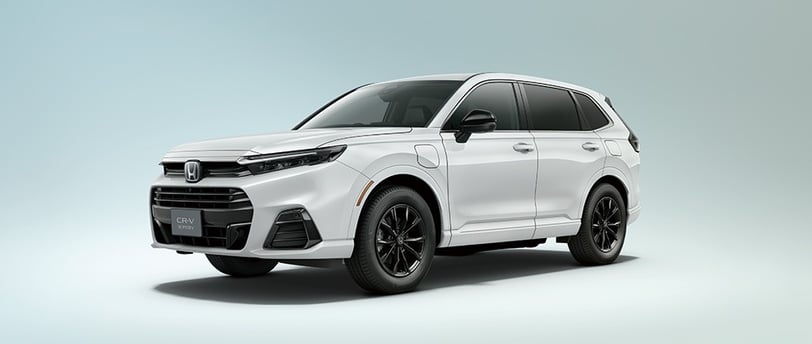Upcoming Hydrogen Cars : FCEV
The world of hydrogen fuel cell electric vehicles (FCEVs) is reviving up with exciting new models on the horizon. These contenders offer a compelling alternative to battery electric vehicles (BEVs), especially for long-distance travel with faster refueling times


Brief Information and technical details of some upcoming Hydrogen Cars and FCEVs:
Honda CR-V FCEV: Expected in 2024, the CR-V FCEV will likely boast a driving range of over 400 kilometers (250 miles) thanks to a 70 kW electric motor and a 100 kW fuel cell stack, according to industry reports. Refueling time is estimated around 3-5 minutes, mirroring gasoline vehicles.
Land Rover Defender FCEV: Land Rover hasn't released official specs, but experts anticipate a powerful electric motor exceeding 200 kW, enabling robust off-road capability alongside zero tailpipe emissions. The estimated driving range could be over 600 kilometers (370 miles), making it a compelling choice for eco-conscious adventurers.
BMW iX5 Hydrogen: BMW is targeting a driving range of over 600 kilometers (370 miles) for its iX5 Hydrogen, expected in late 2024. The SUV will likely utilize a 125 kW electric motor powered by a yet-to-be-revealed fuel cell stack.
Hyundai Next-Gen FCEV: Details are scarce, but Hyundai's next-generation FCEV, expected in 2025, is rumored to surpass the current Nexo's driving range of 666 kilometers (414 miles). Industry analysts anticipate significant advancements in fuel cell efficiency and potentially a larger onboard hydrogen storage capacity.
Beyond Cars: The FCEV Transformation
The FCEV revolution extends beyond passenger vehicles. Manufacturers are developing hydrogen-powered trucks with targeted ranges exceeding 800 kilometers (500 miles), aiming to disrupt the long-haul freight industry and reduce emissions.
Despite these advancements, widespread FCEV adoption hinges on developing a comprehensive hydrogen refueling network and lowering hydrogen production costs. With continued investment and technological breakthroughs, FCEVs have the potential to become a powerful complement to BEVs, ushering in a cleaner and more sustainable transportation era.
